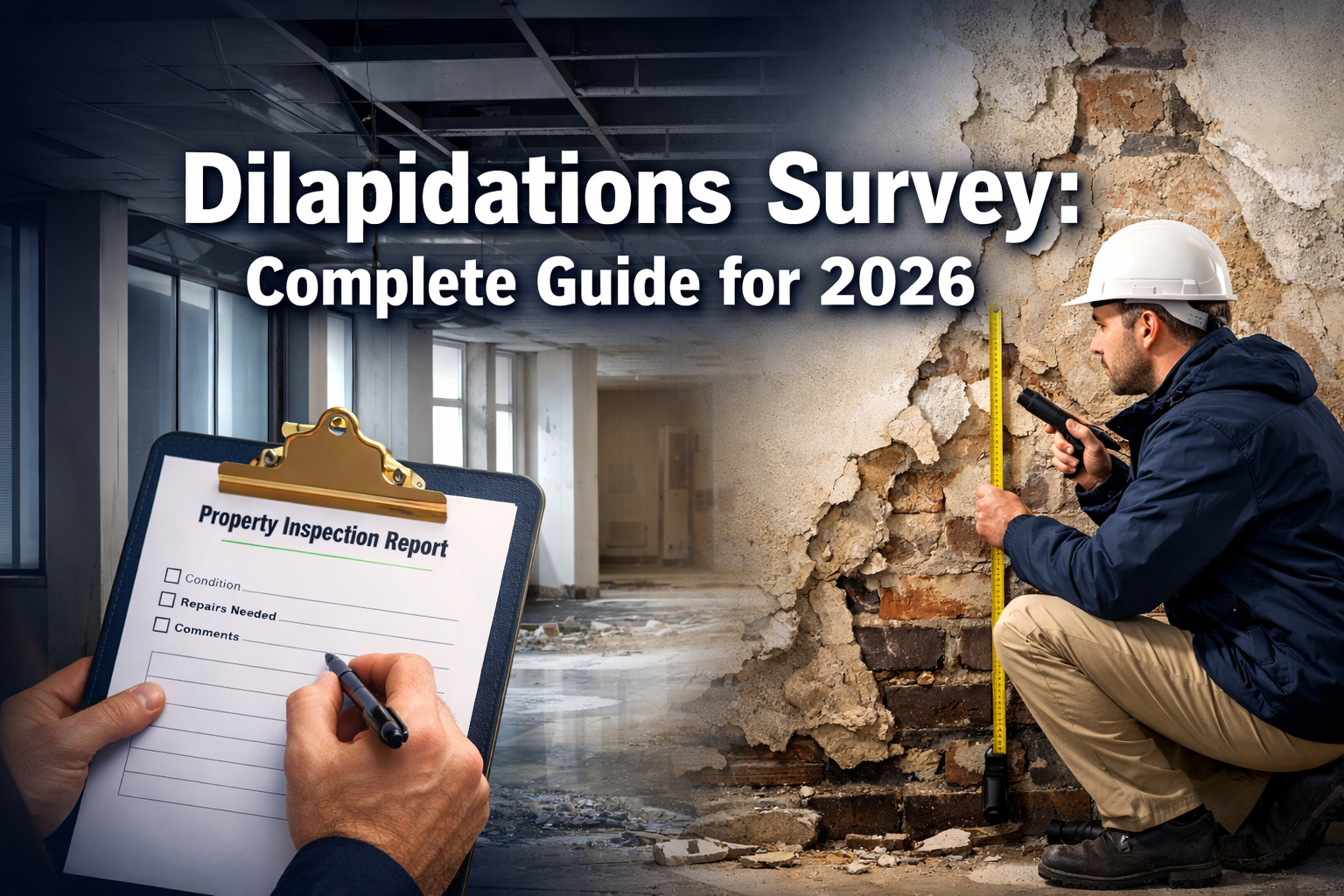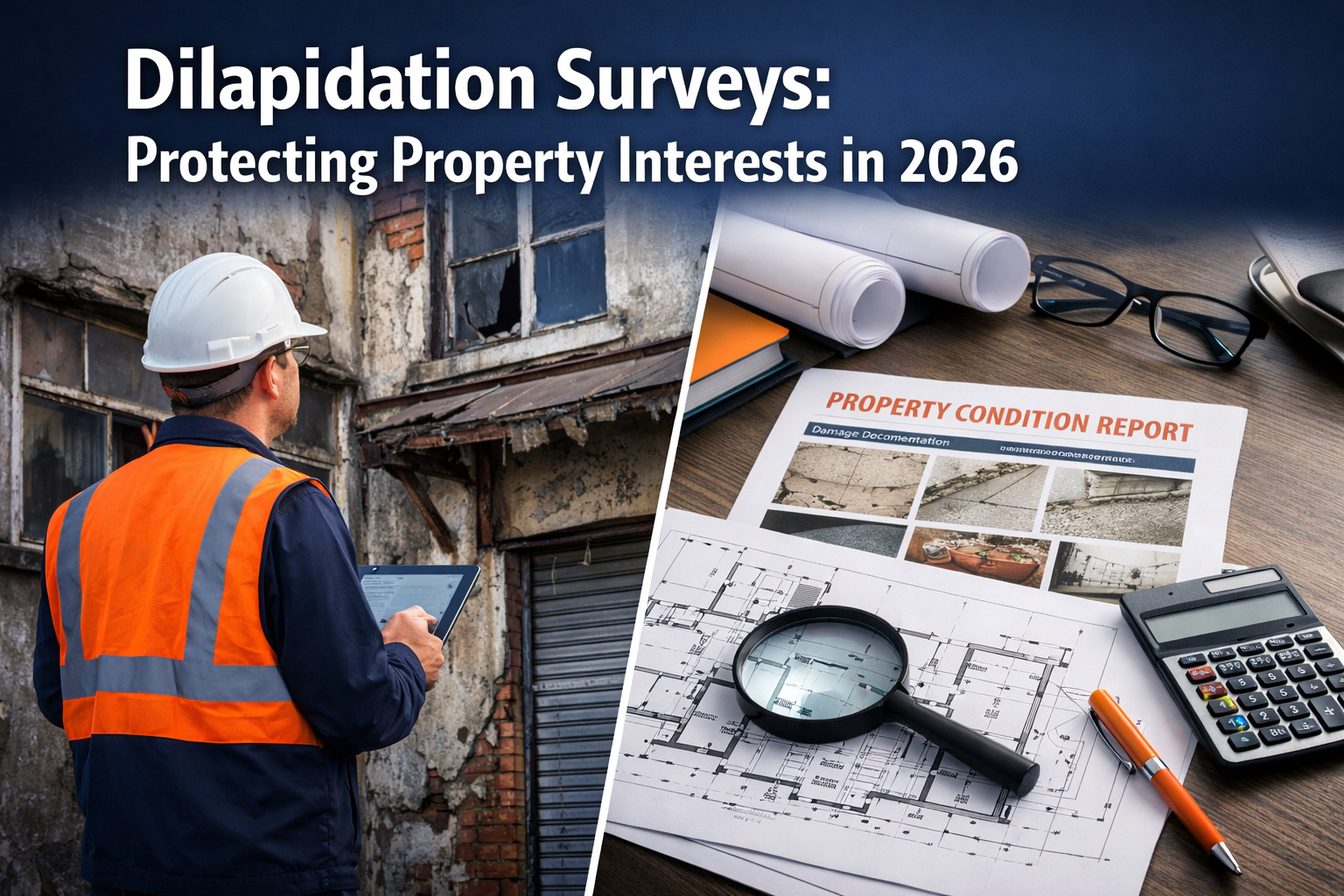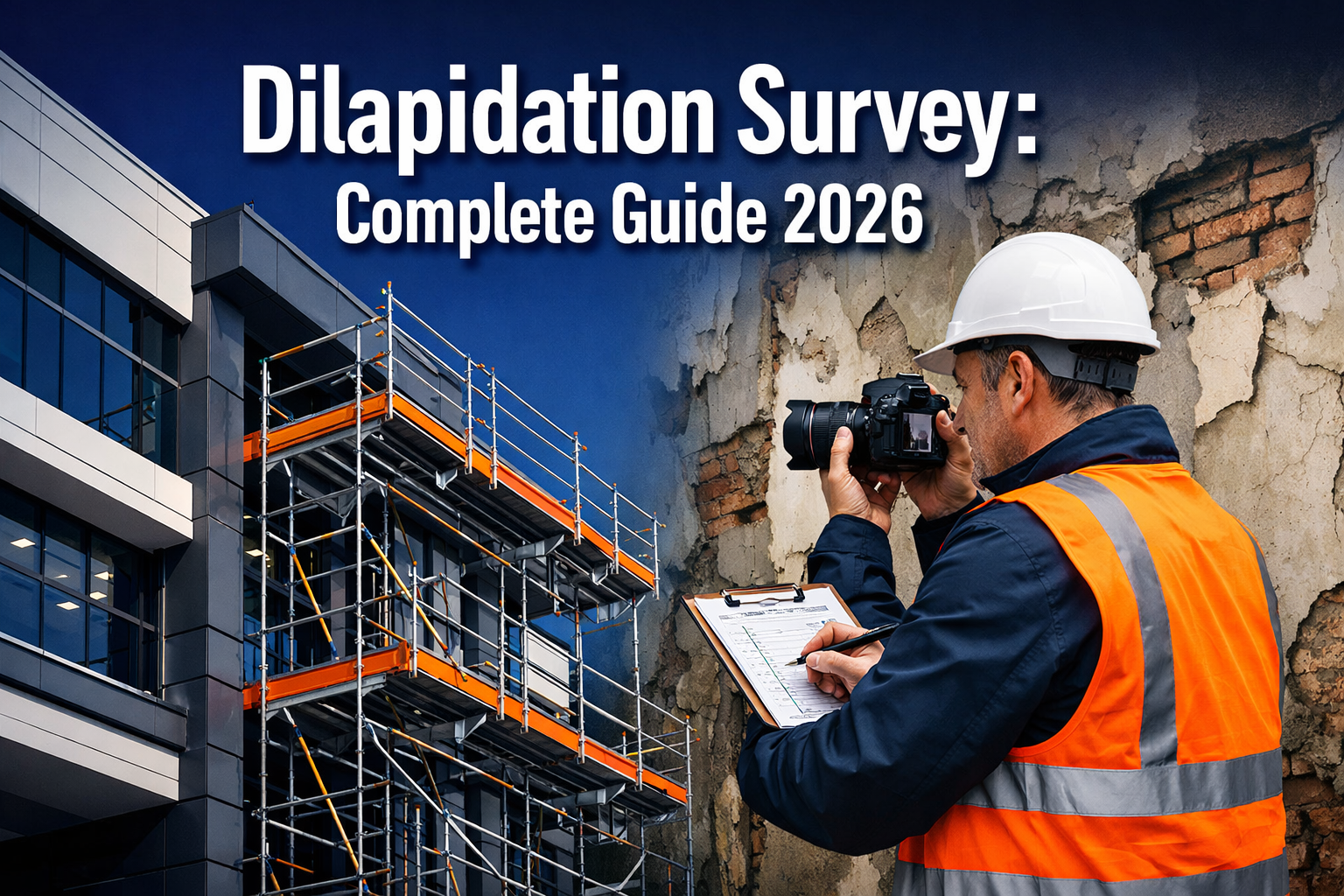- Home
- Snagging List in Canterbury & Home Countries
What does a Snagging Report do?
Families often purchase new homes in Canterbury, largely because they are advertised as the ideal product and are presented to the buyer in pristine condition, but this can be misleading.
A recent survey indicated that over half of all new homes suffer from defects. It is vital that you, the buyer, demand the correct amount of fixes from the developer before you exchange.
New homes can get sold with many major or minor defects. These can be anything from poor paint jobs to floor issues that you notice when you walk through the home. Most developers are going to be slow or refuse to do the necessary work after they’ve been paid.
So, rather than taking a chance on a house that may start to crumble the moment you and your family move in, you can have a snagging list prepared by our panel of CIOB, RPSA or RICS chartered surveyors. These experts identify all the repairs that your housing developer must make before you take possession. This part of the process is like laying a necessary foundation—if you don’t get the repairs done now, you could end up with a bad house. We think it’s better to find out you have a defective home now than to find out in a year or two when the repairs start becoming due and you’re in the middle of living your life.
The Advantages of a Snagging List for a New Build Property in Canterbury, London, Bristol, Birmingham, Manchester & Cardiff
One of the most prevalent issues that Chartered Surveyors from our Canterbury panel come across when inspecting residential properties in Canterbury is building defects, planning disputes, and utility problems.
Yet, only around one in five property buyers in Canterbury thinks to get a Chartered Survey report before making a purchase. The potential use of such a report to identify defects in a property—whether the property in question is listed, situated in a conservation area, or is just your average Canterbury building—continues to be vastly underutilised.
The RICS HomeBuyer Report has some really significant benefits. When you choose a property, you consider many different aspects, but if you really want to know the important details about a property’s physical condition, the report is of good standard.
HomeBuyer overview: the HomeBuyer Report has two basic parts. The first part is an online desktop check. The second part is about the property’s condition. This is what the HomeBuyer Report covers. If there is any dampness in the place that you’re thinking of calling home, for example, you’ll know about it from the report.
“Traffic light” assessments: it provides three ratings that signal to you the property’s condition, using red, yellow, and green as indicators of how well the property fares in its inspection.

Market Valuation: your surveyor also provides a market valuation. For an additional fee, you can also have an RICS-registered surveyor do a more in-depth market valuation for you that assures what price you should pay based on the property’s current condition and the local market. These two components are very important if you are buying with marital or familial issues in play, as the report ensures you an accurate assessment of the property’s value in writing.
Reinstatement Cost Assessment: after you provide us with the necessary details, our panel of valuers will determine the amount it would cost to fully rebuild your property. This valuation will allow you to procure the necessary insurance that will cover you and your assets.
Identification of Risks: your solicitors will look for potential problems that could lead to unnecessarily decreased property value. Should your surveyor find anything, we will inform you of the issue.
Negotiating: typically, your inspection period gives you the chance to negotiate any remaining issues that affect the property’s structure, systems, or health and safety performance, as revealed by the inspection. If the inspection report uncovers serious deficiencies, you can use the information to leverage a price reduction, have the seller (or builder, in the case of a new home) make the requested repairs, or walk away from the prospect altogether.
Peace of Mind: your investment in an RICS HomeBuyer Report assures you peace of mind that comes with knowing the condition of the property into which you’re investing a significant amount of money.”
Mortgage approval: certain mortgage lenders insist that a property survey conducted by a recognised organisation, such as CIOB, RPSA or RICS, be submitted as part of the mortgage application. If you’re applying for a mortgage to buy a property, the lender may insist on a property survey before they will approve the mortgage. The RICS HomeBuyer Report is acceptable to these lenders and qualifies as a property survey.
Long-term savings: although it costs money to have a property survey done, doing so can lead to long-term savings to you as the homeowner.
Professionalism: RPSA, CIOB and RICS Chartered Surveyors have the expertise required to assess property accurately, and this means they are good at spotting trouble when it comes to evaluating a home’s condition. They have good professional judgment as they are trained to exercise.
If you have a Chartered Surveyor inspect a property for you, you can trust that they will let you know if they see any potential problems—be it because of something they might anticipate happening with the property in the near future or something that is currently happening but might be more serious than what the seller has been disclosing. If you find a property that truly interests you and you have the cash or financing lined up to make an offer, you want to consider, first and foremost, whether you should get a HomeBuyer Report from a Chartered Surveyor.
How do Homebuyer Surveys and Full Building Surveys differ in cost?
For properties and flats under the jurisdiction of Canterbury Council, a Homebuyers Survey starts at £700, while a typical fee for a three-bedroom house is around £750.
The RICS Level 2 House Survey covers potential structural movement (subsidence) and damp problems, as well as a drain test and a look at more serious issues both inside and outside the house.
You can also ask for a valuation to be included to see whether the agreed-upon purchase price is actually justified.
How much does a Homebuyer survey cost in Canterbury?
The RICS HomeBuyer Report (Level 2) is the most typical condition report and runs from about £700 to £1,500. It offers a general critique of the property’s condition, spotlighting any issues that might negatively impact its value.
RICS HomeBuyer Reports number the defects and safety issues (with a traffic light system) in a property from 1 to 3, with 1 being a condition that is not a defect; 2 being a defect that’s significant but not likely to endanger life or limb; and 3 being a safety issue.
Obtain a Quote for a Level 2 Homebuyer Report in Canterbury, London, Bristol, Birmingham, Manchester, and Cardiff
The HomeBuyer Survey Level 2 is conducted by CIOB, RPSA and RICS surveyors and is a popular report among the HomeBuyers because it covers all aspects of the property.
It gives you most of the information you need to make an informed decision about the property you are buying. The report is written in a way that is easy to understand and covers the construction, condition, and any significant defects that affect the property’s value and are worth mentioning.
The homebuyer’s report will evaluate the open market value, replacement cost, marketability, and will give you a breakdown of the any issues that require your attention.
The surveyor will do a careful visual inspection of the whole property. The Level 2 Homebuyer’s Report will mention any major problems that might affect the value of the property for sale that you obviously need to know about before you sign a contract. The Level 2 Homebuyer’s Report does include a valuation, which you can request when you instruct your surveyor.
You can also ask your surveyor to focus on specific issues that you’re concerned about upon entering into what is for most people the biggest purchase of their lives.
When you buy a property in Canterbury, whether on a freehold or leasehold basis, the process is markedly different from that anywhere else in the UK. Therefore, it is crucial to know precisely where you are putting your money before you invest. The really pressing home-buying process aspect is ensuring a good survey is carried out on the property you’re considering. While someone may wish to buy a property, surveying conditions in Canterbury (especially with regard to a homebuyer survey) are different from surveying conditions in other parts of England.
Is it necessary to obtain a property survey?
Even though it may seem that a high-quality property survey is an additional expense, it may actually be a money-saving measure. A homebuyer’s survey or a full building survey could signal potential problems with a property that might lead to very costly repairs if not caught early on. So, should I buy a property survey? Yes!
The latest Building Surveying Technology
What is now the most sophisticated and thorough of all condition surveys is the Full Building Survey. It provides an in-depth level of detail and using equipment that would be hard to match. The Full Building Survey is unique and includes photographs, using advanced equipment which will assess the following:
- Structural Condition of the Building
- Roof Structure
- External Walls
- Doors
- Windows
- Timber Rot
- Dampness
- Movement
- Insulation
- Condensation
- Services (drainage, gas, electricity, water, heating, etc.)
How long does it take to carry out a Building Survey?
Ordinarily 2-4 hours. This depends on several factors, prominent among them the type of property, its dimensions, and the intricate nature of any problems under consideration. For routine surveys, the “rule of thumb” is that it takes about an hour for each storey of the building. For more surveys, when there are many more things to look at, the surveyor can easily take a long day to get it done.
The Advantages of a Snagging List for a New Build Property in Canterbury, London, Bristol, Birmingham, Manchester & Cardiff
The greatest financial burden you are likely to incur in your lifetime is the purchase of a home. Therefore, it is vital to understand both your rights as a homeowner and the limited protections afforded by consumer legislation.
Although the Sale and Supply of Goods Act can be used to demand a refund in some instances, such as when a seller reneges on a promised feature, a home is exempt. Before you move into your new home, your developer is responsible for finding and fixing all defects.
As with many things in life, though, some of those defects may never get fixed, even if you demand it. Life after the sale can sometimes resemble a struggle for the basic rights granted under consumer protection laws. We investigate new build properties in Canterbury and nearby locales, with our panel of surveyors developing a list of issues to present to the developer for rectification.




